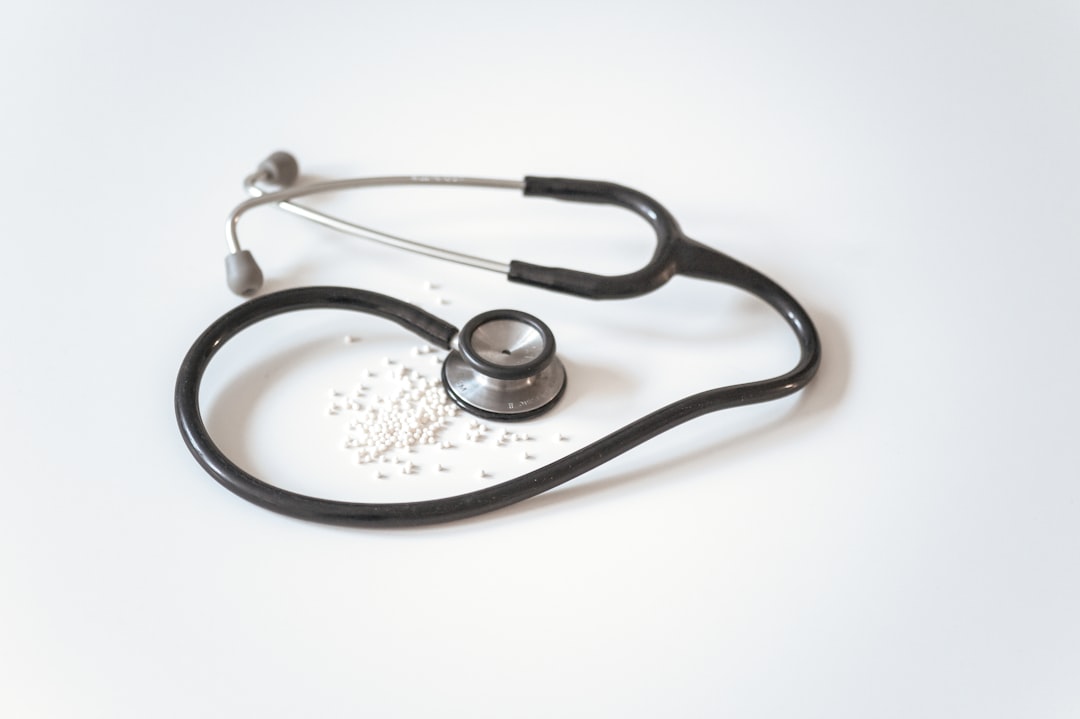Does Medical Debt Need a Buy Now, Pay Later Solution?
Or is this just one more reason we need Medicare for All?
Medical debt is a significant problem that impacts the budgets and cashflow of millions of Americans.
A Consumer Financial Protection Bureau (CFPB) report indicates Americans have $88 billion in medical debt in collections on their credit reports.
That’s a big deal and it can be devastating for a family.
When allegedly unpaid or unresolved medical bills get referred to collections and reported to the credit reporting system, people face reduced access to credit, increased risk of bankruptcy, and difficulty securing employment and housing. These negative consequences can occur even when the underlying bill is erroneous, not owed, or unverified.
A Buy Now, Pay Later Solution?
I’ve written extensively about the rapidly growing popularity of Buy Now, Pay Later for consumer goods.
The short-term, small dollar loan product allows consumers to purchase an item (online or at point of sale in store) and pay 25% up front and the remaining balance in three equal installments usually two weeks apart.
The average BNPL loan is $135.
Unlike layaway, the customer gets the item immediately and then manages the payments (with no interest if paid on time) over a relatively short time frame.
A new report from American Banker indicates that BNPL providers are looking to expand their reach. One area of interest: Medical care.
Scratchpay offers instant financing for veterinary or medical services, with payments divided into five payments due every two weeks with no interest and no hard credit check. Loans of up to two years are also available with varying terms.
Customers receive a payment plan offer on their phone or via email with their bill, and they can track payments through the Scratchpay app.
Scratch says it has integrated with about a third of the veterinary practices in the U.S. and Canada and is now expanding to reach human elective medical service providers in dental, optical and chiropractic care.
While this does not seem to cover primary medical care, it is not difficult to imagine a buy now, pay later model expanding into additional medical services over time.
As with retailers, healthcare providers would benefit from the immediate payment and could turn the billing/collections functions over to the BNPL provider. Additionally, with a longer term (note some Scratchpay loans are up to two years), it may make medical bills more manageable and prevent them from going into collections.
The Downsides of Buy Now, Pay Later
While this option could be a new and positive way for patients to manage unexpected or especially costly medical expenses, BNPL does have its downsides.
One survey indicated:
32% of Buy Now Pay Later plan users have had to skip paying an essential bill such as rent, utilities or child support in order to make their payments. Even after that, 30% report that they’ve struggled to make their payments.
Still, it’s not surprising that a product as convenient and ubiquitous as BNPL may soon make its way into hospitals and doctor’s offices.

Regions Bank Caught in Overdraft Surprise Scheme
While Regions Bank is among the banks changing overdraft fee policies to be more consumer friendly, the bank is currently caught in a bit of a scandal for surprising customers with overdraft fees - to the tune of $141 million. That’s not a very good surprise.
Here’s more from NewsBreak:
The Consumer Financial Protection Bureau (CFPB) has ordered Regions Bank to pay $191 million in refunds and penalties as a result of an illegal surprise overdraft fee scheme it foisted on customers.
From August 2018 through July 2021, Regions charged customers surprise overdraft fees on certain ATM withdrawals and debit card purchases. The bank charged overdraft fees even after telling consumers they had sufficient funds at the time of the transactions. Financial regulators have long cautioned banks against charging this type of overdraft fee. The CFPB also found that Regions leadership knew about and could have discontinued its surprise overdraft fee practices years earlier, but they chose to wait while Regions pursued changes that would generate new fee revenue to make up for ending the illegal fees.
“Regions Bank raked in tens of millions of dollars in surprise overdraft fees every year, even after its own staff warned that the bank’s practices were illegal,” said CFPB Director Rohit Chopra. “Too often, large financial firms make a calculation that continuing to break the law is more profitable than following it. We have more work to do to change this mentality.”


